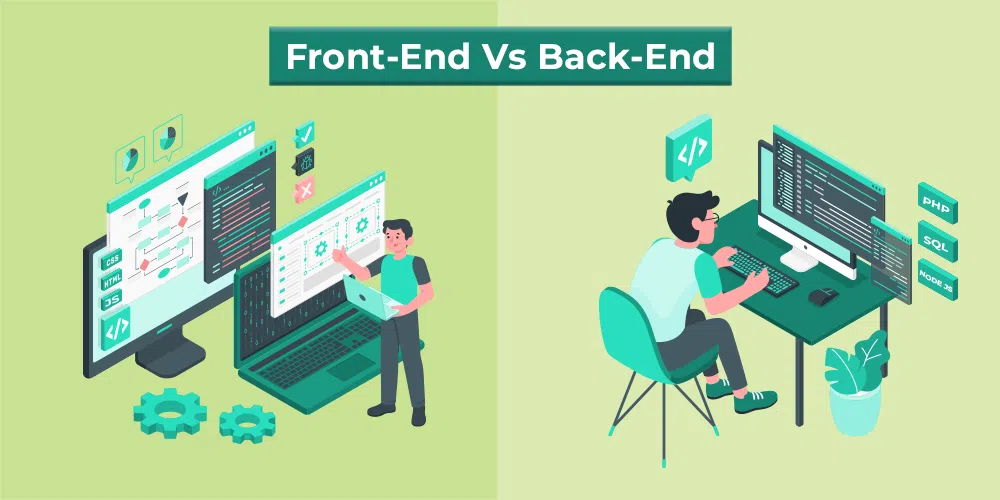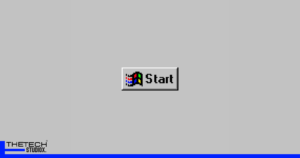Table of Contents
Introduction to software engineering
As a software engineer, I have always been fascinated by the world of coding and programming. Software engineering is a vast field that encompasses various specializations and roles. In this comprehensive guide, I will take you on a journey to explore the different types of software engineering. Whether you are a beginner looking to enter the industry or an experienced professional seeking to expand your knowledge, this article will provide you with valuable insights into the diverse dimensions of software engineering.
Overview of different types of software engineering
Software engineering is a multidimensional field that offers a wide range of career paths. Each type of software engineering requires specific skills, expertise, and knowledge. Let’s delve into the different types and understand what they entail.
Front-end development
Front-end development is the art of creating the user interface of a software application. It involves designing and coding the visual elements that users interact with. Front-end developers use HTML, CSS, and JavaScript to bring life to a website or an application. They are responsible for ensuring a seamless user experience and optimizing the performance of the front-end.
Front-end developers collaborate closely with designers to transform wireframes and mockups into functional and visually appealing interfaces. They also need to stay up-to-date with the latest trends and technologies, as front-end development is constantly evolving. If you have a passion for design and enjoy working on the visual aspects of software applications, a career in front-end development might be the perfect fit for you.

Back-end development
While front-end development focuses on the user interface, back-end development deals with the server-side of software applications. Back-end developers are responsible for building and maintaining the logic and functionality behind the scenes. They work with languages like Python, Java, or Ruby, and frameworks like Django or Ruby on Rails.
Back-end development involves tasks such as database management, API integration, and server optimization. Back-end developers ensure that the application runs smoothly, handles user requests efficiently, and securely stores and retrieves data. If you have a logical mindset and enjoy problem-solving, a career in back-end development might be the right path for you.
Mobile app development
In today’s mobile-driven world, mobile app development has become a crucial aspect of software engineering. Mobile app developers specialize in creating applications for smartphones and tablets. They work with platforms like iOS and Android, using programming languages such as Swift or Kotlin.
Mobile app development involves designing intuitive interfaces, integrating with device features like GPS or camera, and optimizing performance for different screen sizes. Mobile app developers need to have a deep understanding of mobile platforms and stay updated with the latest developments in the field. If you are passionate about creating innovative and user-friendly mobile applications, mobile app development can be a rewarding career choice.
Game development
Game development is a unique and exciting branch of software engineering that combines creativity with technical skills. Game developers create interactive and immersive experiences for players. They work with game engines like Unity or Unreal Engine, using languages like C# or C++.
Game development involves designing game mechanics, implementing physics simulations, and creating captivating visuals and sound effects. Game developers also need to consider factors like performance optimization and multiplayer functionality. If you have a passion for gaming and enjoy the process of bringing virtual worlds to life, a career in game development might be the perfect fit for you.
Embedded systems development
Embedded systems development is a specialized field that focuses on designing and programming hardware-software integrated systems. Embedded systems are found in various devices, from home appliances to medical devices and automotive systems. Embedded systems developers work with microcontrollers and programming languages like C or assembly language.
Embedded systems development involves tasks such as circuit design, sensor integration, and real-time programming. Developers in this field need to have a deep understanding of electronics and low-level programming. If you are interested in the intersection of hardware and software and enjoy working on real-world applications, embedded systems development can offer a fulfilling career path.
Data science and analytics
With the rise of big data, data science and analytics have become essential in various industries. Data scientists and analysts specialize in extracting insights and making informed decisions based on data. They work with programming languages like Python or R and use tools such as SQL or Tableau for data analysis and visualization.
Data science and analytics involve tasks like data cleaning, statistical modeling, and predictive analysis. Professionals in this field need strong analytical and problem-solving skills, as well as a deep understanding of mathematics and statistics. If you have a passion for data and enjoy uncovering patterns and trends, a career in data science and analytics can open up exciting opportunities for you.
Quality assurance and testing
Quality assurance and testing are critical aspects of software engineering. Quality assurance engineers ensure that software applications meet the highest standards of quality and functionality. They develop and execute test plans, identify bugs and issues, and collaborate with developers to resolve them.
Testing involves various techniques such as unit testing, integration testing, and regression testing. Quality assurance engineers also focus on usability and performance testing to ensure a seamless user experience. If you have an eye for detail and enjoy ensuring that software applications are error-free, a career in quality assurance and testing can be a fulfilling choice.
DevOps and cloud computing
DevOps and cloud computing have revolutionized the way software applications are developed, deployed, and maintained. DevOps engineers bridge the gap between development and operations teams, ensuring smooth collaboration and efficient software delivery. They work with tools like Docker or Kubernetes and focus on automating processes and improving scalability.
Cloud computing allows businesses to leverage the power of remote servers for storage, processing, and hosting applications. Cloud engineers manage and optimize cloud infrastructure, ensuring high availability and scalability. If you are interested in streamlining software development processes and working with cloud technologies, a career in DevOps or cloud computing can offer exciting opportunities.
Choosing the right type of software engineering
With so many different types of software engineering to choose from, it can be challenging to decide which path to pursue. Consider your interests, strengths, and long-term career goals. Research each specialization, understand the required skills and demands of the role, and explore the job market to assess the opportunities available.
It is also essential to keep learning and adapting to the evolving industry. Stay updated with new technologies and trends, engage in online communities, and take part in relevant courses or certifications. Remember, the right type of software engineering is the one that aligns with your passion and allows you to continually grow and evolve in your career.
Career opportunities in software engineering
Software engineering offers a wide range of career opportunities, and the demand for skilled professionals is constantly increasing. Whether you choose to specialize in front-end development, mobile app development, data science, or any other field, there are abundant job prospects in both established companies and startups.
As a software engineer, you can work in various industries such as finance, healthcare, e-commerce, or entertainment. You can choose to be part of a development team, work as a freelancer, or even start your own software company. The possibilities are endless, and the rewards are fulfilling.
Conclusion
Software engineering is a dynamic and ever-evolving field that offers a multitude of career paths. In this comprehensive guide, we have explored the different types of software engineering, from front-end and back-end development to game development, data science, and more. Each specialization requires specific skills and expertise, so it is essential to choose the one that aligns with your interests and career goals.
Remember, software engineering is not just about writing code; it is about creating innovative solutions, solving complex problems, and making an impact on the world. So, whether you are just starting your journey or looking to expand your horizons, embrace the endless possibilities that software engineering has to offer.




